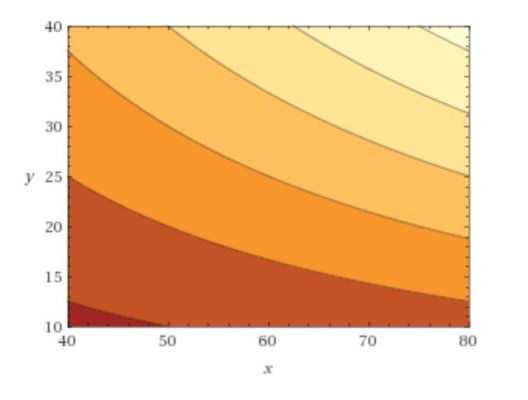ChiliPepr
Full time employment: Posting here.
How do you put a “net worth” number on a recurring income? Say you have $1000/mo income what is that equivalent to?
You don't. You would apply the recurring income to reduce your monthly expenses by $1,000.
For example, the formula give in this thread is "Multiply Age x Networth, then divide by Yearly Expenses". In this case, if you are 60, have a net worth of $1,000,000, yearly expenses of $60,000, but also have reoccurring income of $1,000/month; your formula would be (60*1,000,000)/(60,000-12,000)=1,250

